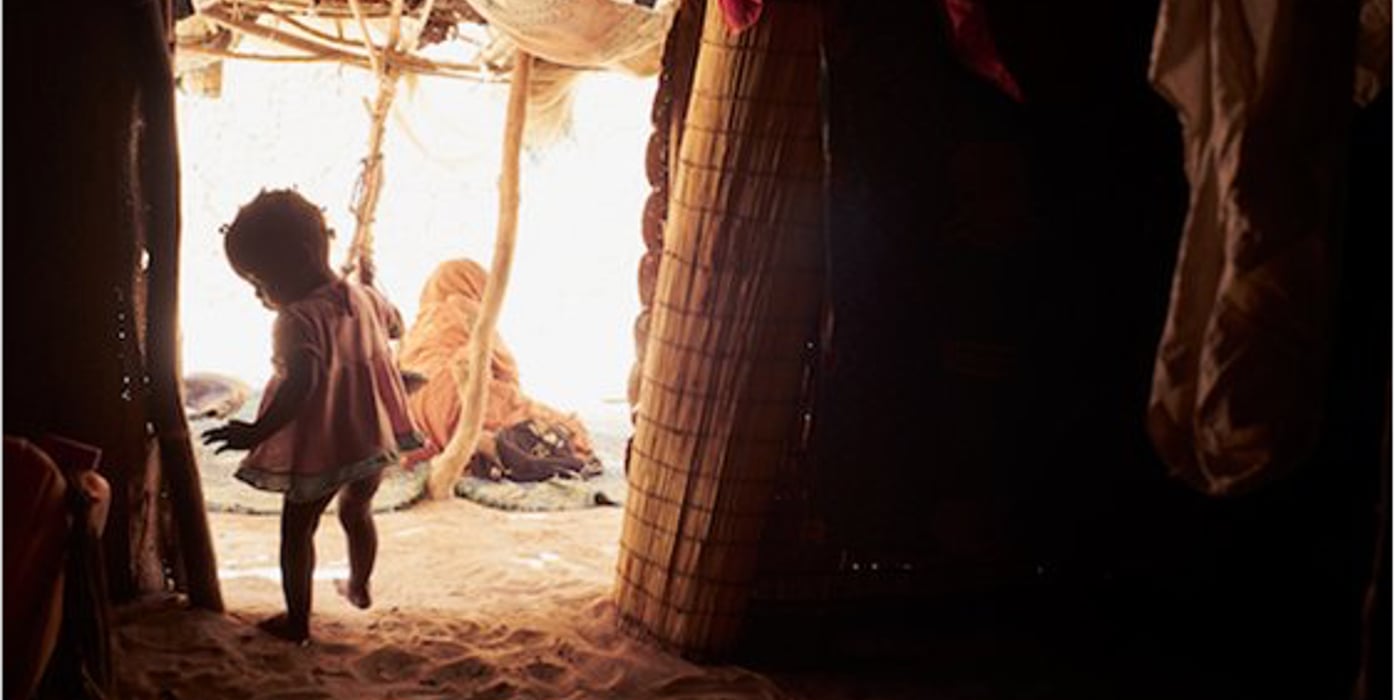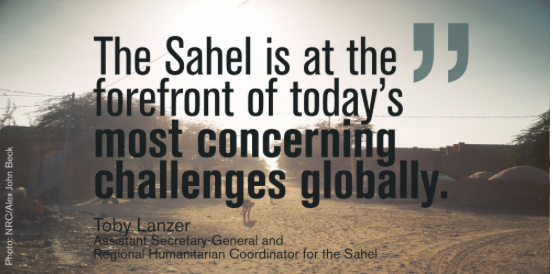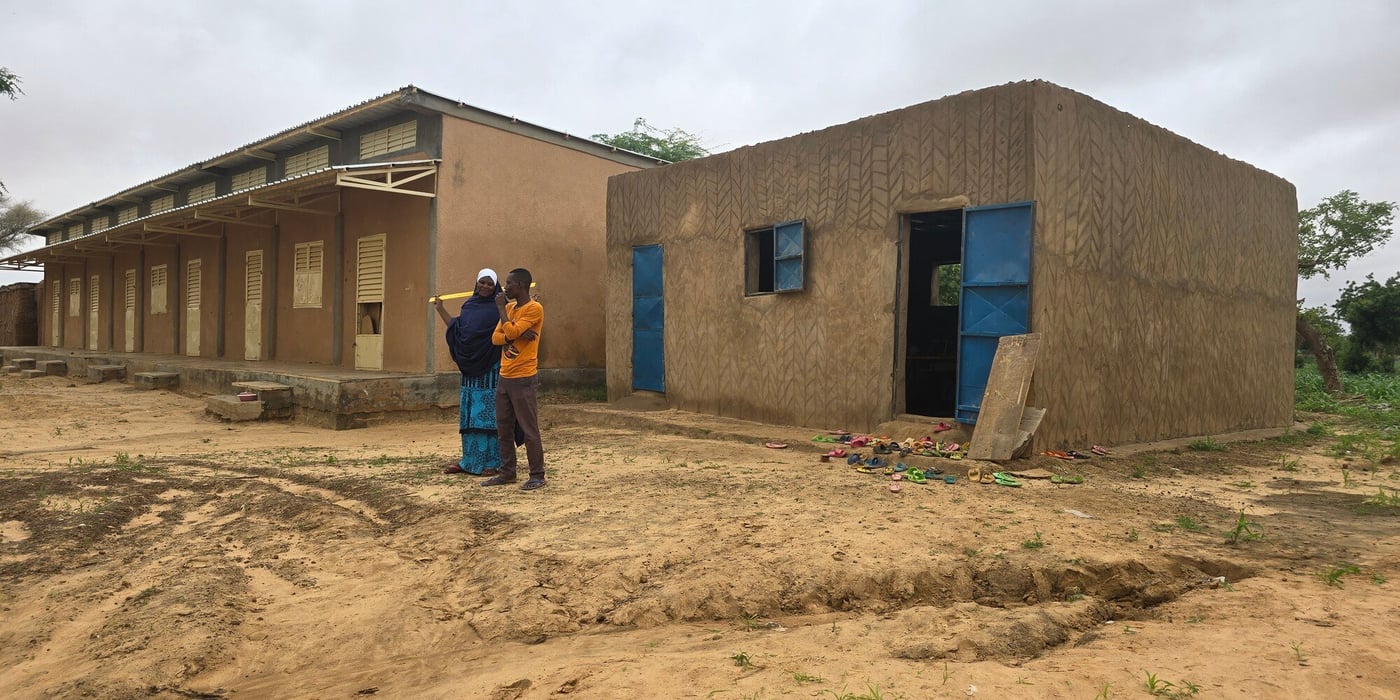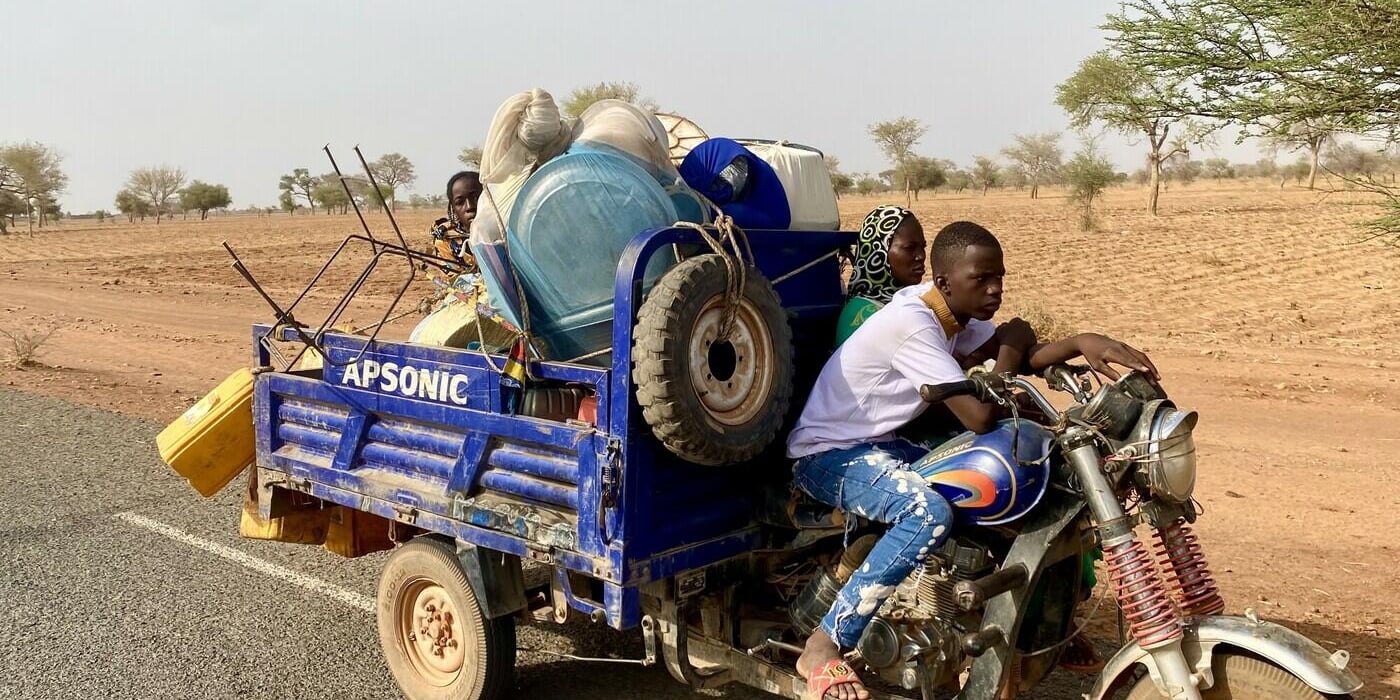
“In the Sahel, the combined effects of climate change, abject poverty, fast population growth and a tormenting rise in violence and insecurity, dangerously undermine the lives, assets and future prospects of some of the most vulnerable communities in the world,” says Toby Lanzer, Assistant Secretary-General and Regional Humanitarian Coordinator for the Sahel. “We need the renewed support of the international community to ensure that millions are offered the most basic assistance and protection they deserve, to survive and live a dignified life,” Lanzer adds.

In 2016, some 23.5 million people – almost one in six - will not have enough to eat. At least 6 million people will require emergency food assistance. Acute malnutrition will threaten the lives and development of 5.9 million children under five years of age.
“Agricultural assistance is essential to restore people’s livelihoods and contribute to halt the vicious cycle of poverty and vulnerability in the Sahel,” says Vincent Martin, Head of the sub-regional resilience and emergency office for West Africa (FAO) and FAO Representative in Senegal. “For the many families who rely on subsistence farming, timely assistance will allow them to continue to grow their own food, secure income and take advantage of local economic opportunities”.
A spike in violence has worsened the already dire situation in the region and it has led to new peaks of displacement. Today, 4.5 million people have been forced from their homes, representing a threefold increase in less than two years. In addition to the volatile situation in Mali, where insecurity continues to hamper the return of some 200,000 Malians to their homes, the violence across the Lake Chad Basin accounts for more than half of the displaced people in the Sahel.
“The world has sadly not yet woken up to the scale of the crisis in the Lake Chad Basin. 30 million people live in areas affected by Boko Haram’s senseless acts of terrorism. Their random targeting leaves entire populations in fear, and 2.5 million have so far had to flee from their homes”, stressed Jan Egeland, the Secretary General of the Norwegian Refugee Council (NRC), one of the organisations providing assistance to the displaced in north-east of Nigeria.

“Mounting humanitarian need is the most visible symptom of the triple crisis of poverty, insecurity and climate change that plagues the Sahel region,” Lanzer concluded. “As humanitarians, we will do our part, delivering essential food, health care, safe water and sanitation to families; treating children from malnutrition and striving so they can stay in schools despite the odds. We also pledge to work with countries and organisations engaged in development and stabilisation programmes, without which humanitarian aid will be required indefinitely.”
For further information, please call:
Berenice Van Den Driessche, OCHA, vandendriessche@un.org, +221 77 333 91 95.
Sonia Nguyen, FAO, Sonia.Nguyen@fao.org, +221 77 333 12 89.
Tuva Raanes Bogsnes, NRC, tuva.bogsnes@nrc.no, +47 93231883.
OCHA press releases are available on http://www.unocha.org/rowca
The mission of the United Nations Office for the Coordination of Humanitarian Affairs (OCHA) is to mobilize and coordinate effective and principled humanitarian action in partnership with national and international actors.
The Sahel humanitarian appeal 2016 is based on response plans and appeals of the nine Sahel countries facing food and nutrition crises, natural disasters and violence: Burkina Faso, Cameroon, Chad, Mali, Mauritania, Niger, Nigeria, Senegal and The Gambia.
The 2016 regional appeal involves more than a hundred organisations working together to save lives and protect the assets of the most vulnerable. It is part of a regional multi-year strategy which complements life-saving relief operations with early response and closer partnerships with Governments and development organisations.
An online version of the Sahel Humanitarian Response Plan 2016, can be found here.




